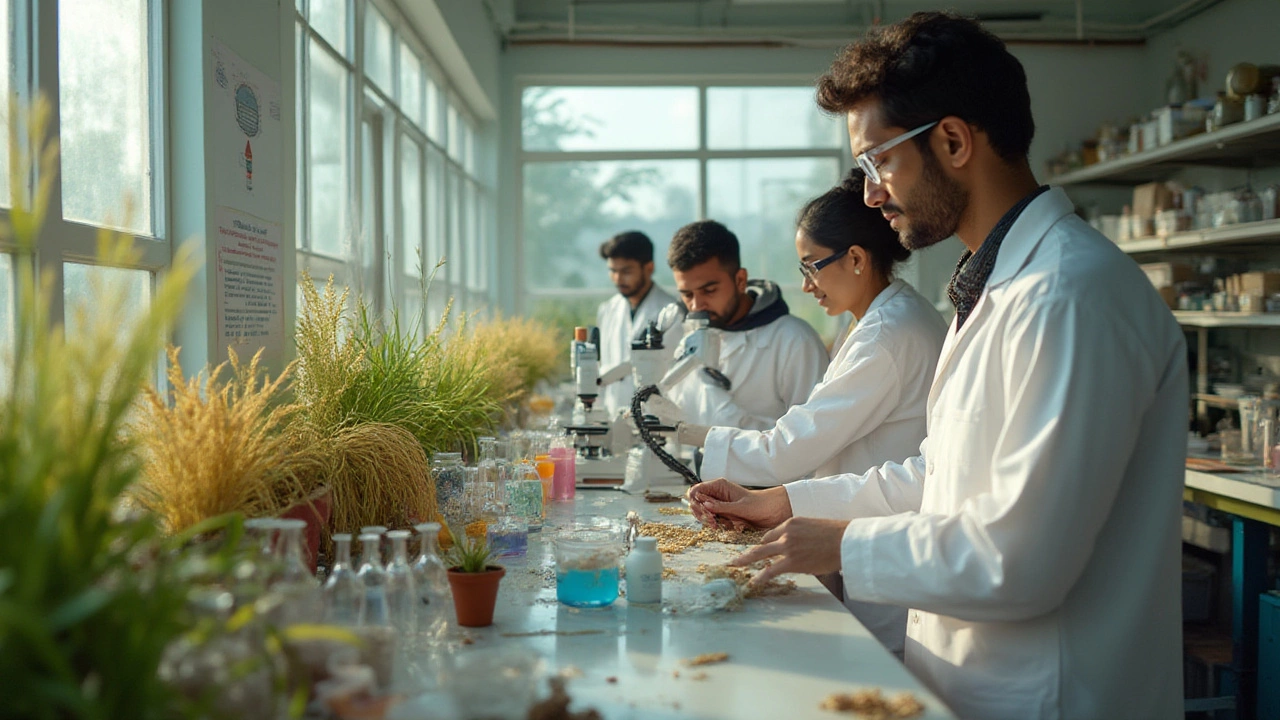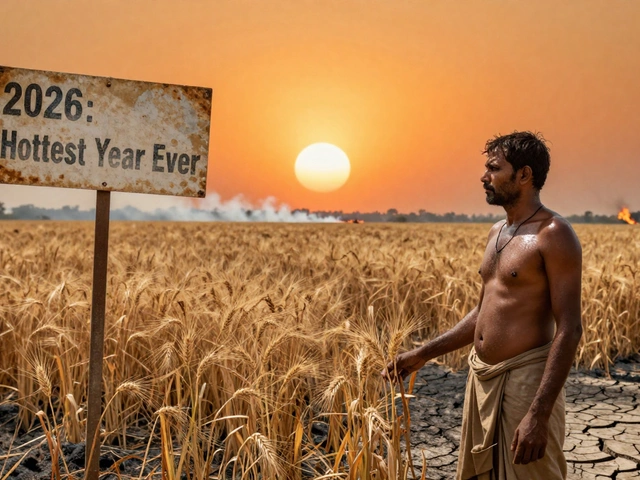Agricultural Scientists: Who They Are and How They’re Feeding India
When you think of science in India, you might picture labs in Bangalore or AI startups in Delhi—but some of the most vital work is happening in the fields. Agricultural scientists, researchers who study how to grow food more efficiently, sustainably, and fairly. Also known as farm scientists or agronomists, they’re the ones connecting lab results to real harvests—from drought-resistant seeds in Maharashtra to soil sensors in Punjab. These aren’t just academics. They’re problem-solvers working with farmers to fix what’s broken: low yields, water waste, crop diseases, and broken supply chains.
They don’t work alone. Their success depends on technology transfer, the process of turning research into tools farmers can actually use. Too often, a new seed or fertilizer looks great on paper but fails in the field because no one taught the farmer how to use it, or the cost was too high. That’s why agricultural scientists now focus on user-centered design, building solutions around real farmer needs, not just scientific ideals. They talk to women farmers in Odisha, cooperatives in Gujarat, and migrant laborers in Haryana—not just to collect data, but to co-create fixes. And they’re using data science, analyzing weather, soil, and market trends to predict what works before planting even begins.
What you’ll find here aren’t abstract papers. These are stories of people who turned a failing crop into a thriving one, who built low-cost irrigation from recycled parts, who trained thousands using WhatsApp videos. You’ll see how agricultural scientists are making renewable energy part of farming, how they’re fighting climate change with smarter planting, and how they’re turning public health programs into food security wins. This isn’t theory. It’s dirt under their nails, sweat on their backs, and results in the harvest.





